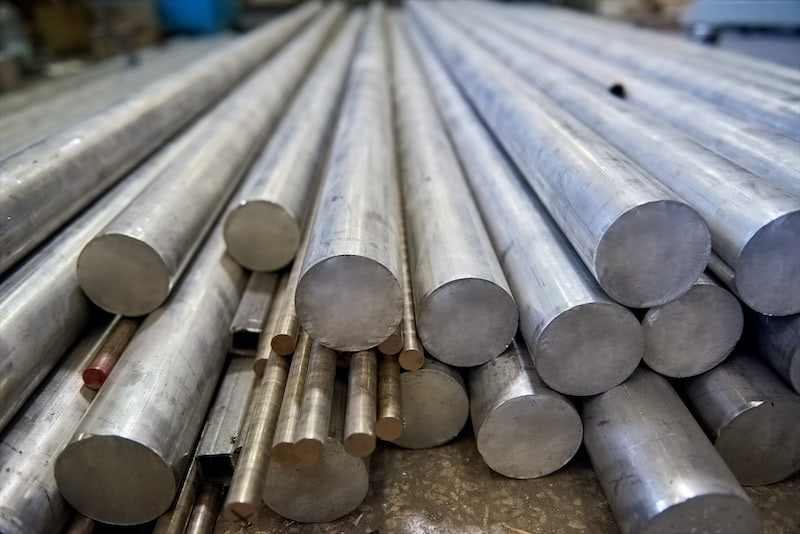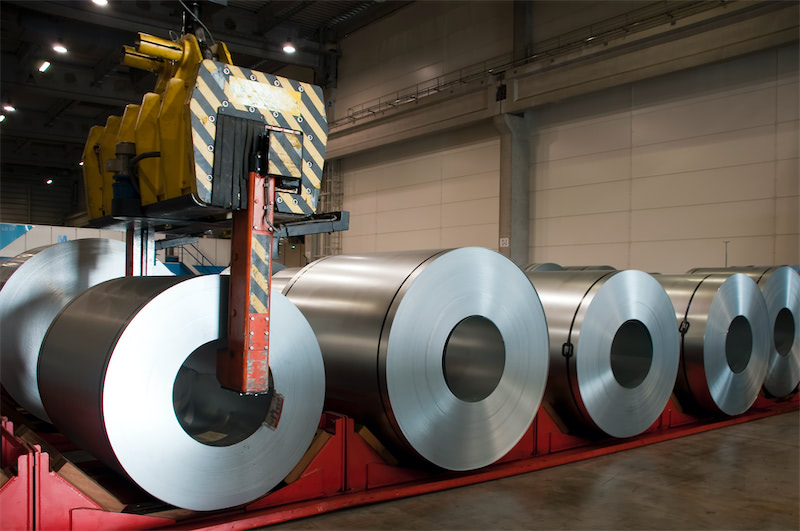Vigorously promoting the trade-in of consumer goods is a significant policy benefiting both enterprises and the public. Since the beginning of this year, the trade-in policy for consumer goods has been continuously expanded and strengthened, with various regions formulating implementation plans in line with central policies. According to data from the Ministry of Commerce, as of early November, over 30 million people have participated in the trade-in of consumer goods, driving sales exceeding 400 billion yuan. Currently, various regions and departments are seizing the time window to fully unleash the policy effects and stimulate market vitality.
With the conclusion of the "Double 11" shopping festival, data from multiple e-commerce institutions show that under the impetus of a series of consumer stimulus policies, including the national trade-in policy and the issuance of consumption vouchers, residents' consumption willingness has significantly rebounded during this year's Double 11 period. The combination of the "longest ever" Double 11 and the national trade-in subsidy policy has acted like a shot in the arm for the home appliance market, leading to a frenzy in home appliance sales. According to comprehensive e-commerce platform data, during the Double 11 period, home appliance sales reached 193 billion yuan, accounting for 16.3% of total sales, up 26.5% YoY.
Leveraging efficient logistics and a comprehensive after-sales system, JD.com achieved a 44% market share in home appliance sales, ranking first in the industry. In the major home appliances and kitchen and bathroom appliances markets, JD.com's market shares were 56.9% and 36.6%, respectively, also leading the industry.
Driven by the trade-in subsidy policy, consumers' demand for new products has been further stimulated, promoting the upgrading of home appliances. JD.com has become the preferred platform for consumers to trade in their old appliances. JD.com's 11.11 report shows that over 90% of county-level rural areas nationwide had consumers participating in the trade-in through JD.com, with large-screen TVs being the top choice for replacement. Sales of 519 categories of home appliances and home furnishings, including energy-saving air conditioners, robot vacuums, dryers, zero-water-pressure smart toilets, and functional sofas, increased by over 200% YoY.
The national trade-in subsidy policy directly reduces consumers' purchasing costs, enabling more consumers to afford mid-to-high-end products. This is conducive to the quality and high-end transformation of enterprises within the industry. In the long term, the policy helps stabilize consumers' price expectations for home appliances and promotes the healthy and orderly development of the market. Given the current development trend, home appliance sales are expected to maintain a growth trend in Q4.
[SMM Hot Topic] "Double 11" Shopping Festival Combined with "Trade-in" Policy Sparks Vitality in Home Appliance Market
Vigorously promoting the trade-in of consumer goods is a significant policy benefiting both enterprises and the public.
Data Source Statement: Except for publicly available information, all other data are processed by SMM based on publicly available information, market communication, and relying on SMM‘s internal database model. They are for reference only and do not constitute decision-making recommendations.
For any inquiries or to learn more information, please contact: lemonzhao@smm.cn
For more information on how to access our research reports, please contact:service.en@smm.cn
![Before the holiday, the black chain is unlikely to see a trend-driven market [SMM Steel Industry Chain Weekly Report].](https://imgqn.smm.cn/usercenter/zUFfM20251217171748.jpg)

![[SMM Chromium Daily Review] Inquiries and Transactions Weakened, Chromium Market Showed Mediocre Performance Before the Holiday](https://imgqn.smm.cn/usercenter/ENDOs20251217171718.jpg)
